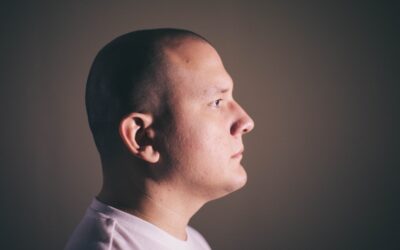ABHC Blog
Will Telehealth Be Prevalent Post-Pandemic?
While there is still a long way to go, our nation has come a long way in creating and delivering effective treatment services for those struggling with mental health. Decades of effort have gone into making treatment more efficient and accessible for individuals...
What Treatment Program Is Right for Me?
Treatment for substance use disorder (SUD) and mental health disorders is becoming more easily accessible than ever. If you are seeking treatment for yourself or a loved one, you may be unsure where to begin your search. With so many treatment facilities, programs and...
What Are the Success Rates of TMS?
Transcranial magnetic stimulation (TMS), sometimes referred to as repetitive transcranial magnetic stimulation (rTMS), is an alternative approach for treating psychiatric and neurological disorders. It is a non-invasive brain stimulation therapy that uses a targeted,...
The Disadvantages of Telehealth for Mental Health and Substance Use
Throughout the development of the pandemic, and especially as a result of forced isolation, telehealth has become more prevalent than ever. Telehealth, sometimes referred to as telemedicine, is a treatment resource that allows patients to receive care electronically....
IOP vs. PHP Treatment Programs for Mental Health or Substance Use Disorders
When people consider treatment for mental health or substance use, they may believe that the main decision lies between an inpatient or outpatient program. It is vital to decide whether to receive treatment while living at a residential facility or living at home....
What Is the Process of Medication Management?
The two most common treatment options for treating mental health disorders are psychotherapy and medication. These are known as behavioral health treatments. The most effective treatment approach involves a combination of the two. Those who have no treatment...
Are There Any Side Effects of Transcranial Magnetic Stimulation (TMS)?
There is no one-size-fits-all treatment for mental health disorders. While some treatment modalities are more effective than others, there still exists a category of individuals who are nonresponsive to traditional therapeutic interventions. Depression, for example,...
Signs That You May Be Enabling Your Loved One’s Substance Use
The effects of substance use and addiction do not affect only one person. Addiction is often termed a “family disease” because it produces unique ripple effects on the lives of every family member of the person who has substance use disorder (SUD). While every family...
Finding the Motivation to Stay in Recovery
Recovering from the effects of alcohol and other drug use is a lifelong journey. As these chemicals have such a substantial impact on the brain's structure and functioning, it can take a lifetime to reverse the consequences of repeated or chronic substance use. While...
Healing as a Collective: The Value of Group Therapy
Treatments for mental health and substance use disorder (SUD) often involve a combination of individual and group therapy components. Individual therapy interventions have patients work one-on-one with a trained mental health professional to overcome personal issues....










